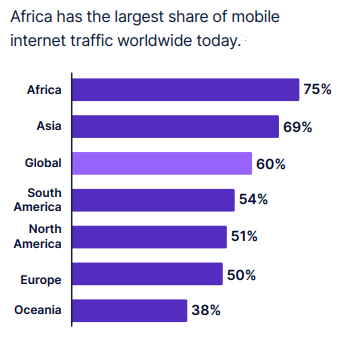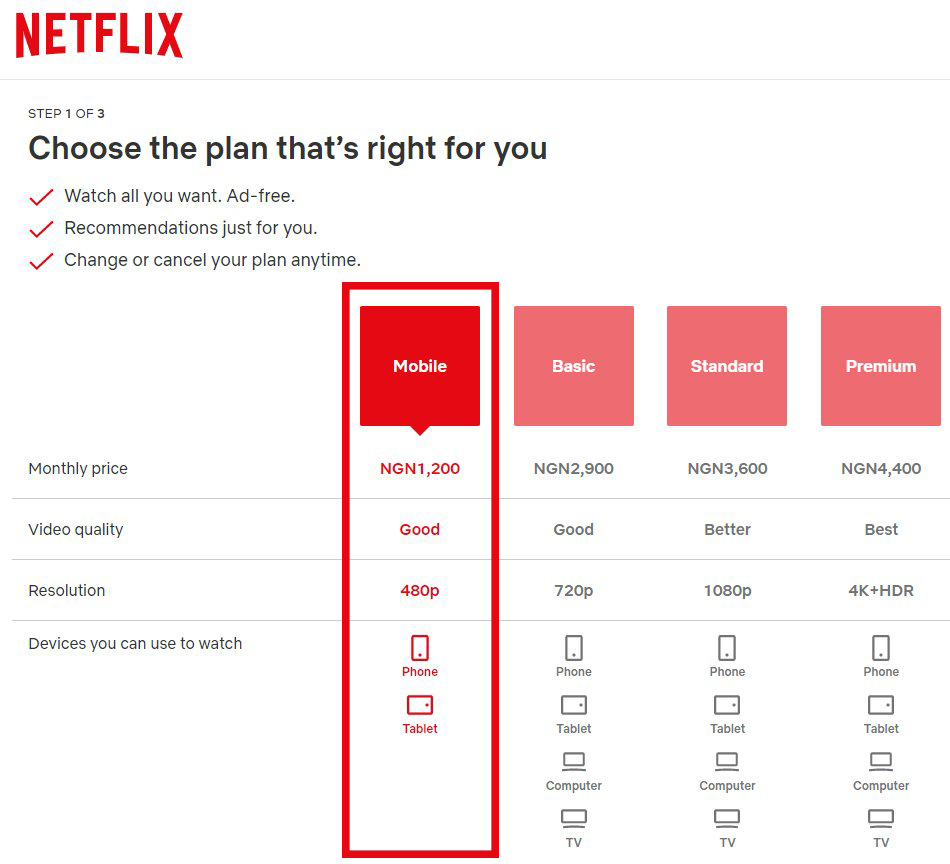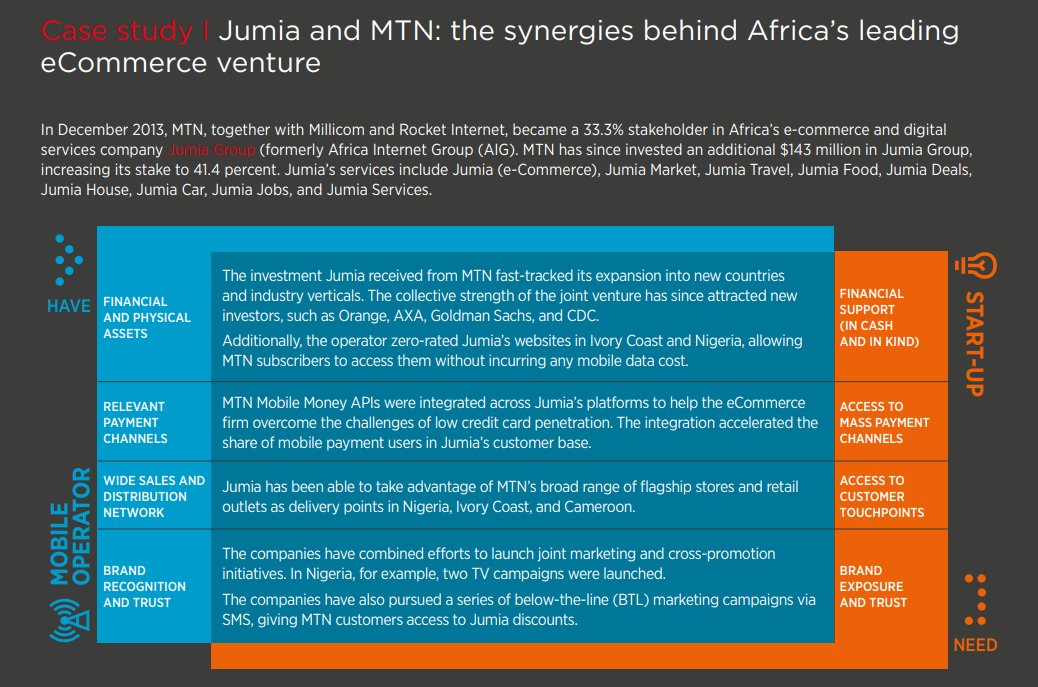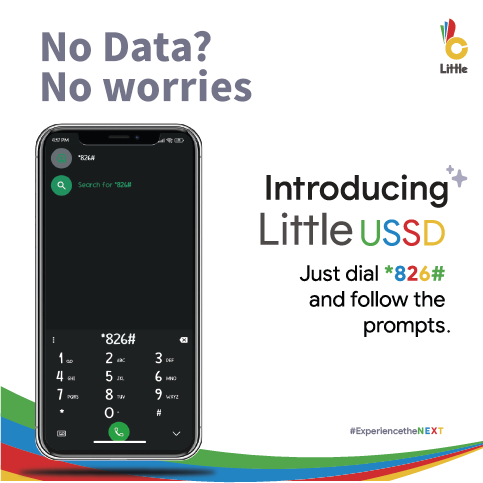More than anywhere else in the world, Africa’s internet economy is mobile-first or mobile-only.
According to Statcounter, 75% of online traffic across the continent is generated by mobile phones — the highest percentage worldwide.

Source: Beyond Borders report. EBANX.
Here are three implications for founders building for African markets.
1. Adopt a mobile-first approach.
Companies that want to succeed in the African market need to adopt a mobile-first approach.
This means:
- building products that are optimized for mobile devices,
- prioritizing solutions that are easy to use, intuitive, and accessible to users of all skill levels,
- and experimenting with mobile-only strategies.
An interesting example on the latter point — mobile-only strategies — comes from Netflix.
Five years after its failed entry into Africa, it gave in to this reality and launched a smartphone-only basic plan at ~$2.50 for African users.
 Source: Netflix. Read more here.
Source: Netflix. Read more here.2. Think critically about how to partner & collaborate with MNOs.
Telcos are a major player in Africa’s internet economy and companies that want to succeed on the continent should think critically about how to partner & collaborate with them.
A good example to explore, examine, and extrapolate from is the collaboration between e-commerce player Jumia & mobile network operator MTN.
In December 2013, Jumia sold a 33.3% stake to MTN (which was later upped to 41.4%). And from 2015 onwards, MTN zero-rated Jumia traffic with various promotional campaigns in Nigeria, Ivory Coast, Uganda & elsewhere.

Source: GSMA
3. Act online, think offline.
You’ve heard of ‘act local, think global’ — well here’s ‘act online, think offline.’
While African users predominantly access the internet via mobile devices, many are still offline. And for those online, coverage can be spotty & data prices can be high.
So, it’s worth it for builders to think about incorporating offline functionality into their solutions to ensure that users can access & use their products even without internet connectivity.
An example here is ride-hailing platform Little App Kenya.
In 2016, it launched a feature — the “first of its kind in the world,” according to the press release — that allowed users to order taxis via USSD, an offline GSM communications protocol.

Source: Little App.
At the end of the day, Africa’s mobile-first / mobile-only reality presents both challenges and opportunities.
To succeed, companies must adopt a mobile-first approach & experiment with mobile-only strategies like Netflix did, partner effectively with telcos like Jumia did, and consider incorporating offline functionality like Little App did.
With the right strategies and insights, companies can unlock the potential of Africa’s emerging internet economy and create & capture new forms of value.
Interested in actionable, expert insights to help you succeed? Africreate offers strategic intelligence as a service to leading startups, corporates, and investors across African markets. Say hello: hello@africreate.com

Share: